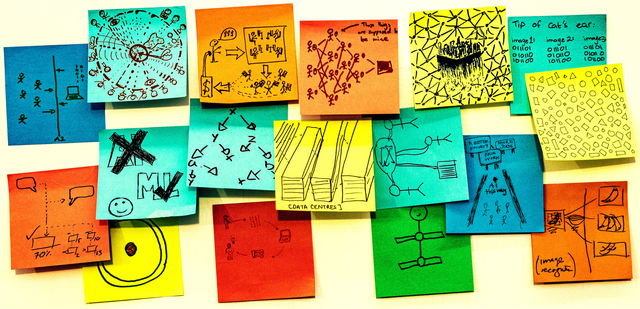GenAI in HE
The rapid adoption of GenAI tools across university campuses worldwide has created both unprecedented opportunities and complex challenges for teaching and learning. The tools raise profound questions about academic integrity, the development of critical thinking skills, and the very purpose of assessment in higher education.
Understanding GenAI requires more than technical familiarity with specific tools. It demands comprehensive awareness of how these systems function, their inherent limitations, and their broader implications for knowledge work, creativity, and human expertise. Institutions must navigate between technological integration and educational integrity, between innovation and the preservation of essential academic skills.
What is GenAI?
Artificial intelligence (AI) and Generative Artificial Intelligence (GenAI) are often used interchangeably, but it is important to be precise. AI is a field of computer science focused on creating computer systems that can perform tasks that typically require human intelligence, such as understanding natural language, recognizing patterns, making decisions, and learning from data while GenAI is a type of artificial intelligence that can create new content, such as text, images, or music, by learning from existing data and mimicking patterns. UCD College of Arts and Humanities has a very helpful Glossary of Terms created as a part of the AI Futures SATLE project. An ever increasing range of GenAI tools are publicly available, some popular examples used in higher education include Google Gemini, NotebookLM, Microsoft Copilot, ChatGPT, Claude, Perplexity, DALL-E and Midjourney, other GenAI tools listed by type can be found in the UCD Library guide.

Image credit: Rick Payne and team / https://betterimagesofai.org / https://creativecommons.org/licenses/by/4.0/
GenAI across Irish HEIs
Irish higher education institutions are collaborating extensively to share knowledge, develop common approaches, and learn from each other's experiences with GenAI implementation. This collective effort has produced outputs that reflect the specific context and priorities of the Irish higher education sector, for example:
- Using GenAI in Teaching, Learning and Assessment in Irish Universities: Examples from the Disciplines is a book of case studies that was led by the Centre for Academic Practice (Trinity College Dublin, 2025) with contributions across the Irish HEI sector (including UCD.)
- The HEA and T&L National Forum (2025) has created an Artificial Intelligence in Irish Higher Education Resource portal which provides “centralised access to policies, guidelines, and resources for teaching and learning in higher education in the context of generative artificial intelligence. The curated policies and frameworks offer authoritative guidance and practical support to inform and enhance institutional practice.” The portal includes a Mapping GenAI in Higher Education Database with links to initiatives and research from across the sector and ten considerations for generative AI adoption in Irish Higher Education.
- Additionally, they have created a 25-hour self-study course, GenAI for Teaching and Learning, exploring ethical and effective uses of GenAI in higher education. Completion leads to a digital badge aligned with the National Professional Development Framework along with a 4 hour self-study course, AI Fluency; Frameworks and Foundations, designed to build confidence and competence in collaborating with AI systems effectively, ethically, and safely.
- In 2023, the QQI National Academic Integrity Network published GenAI Guidelines for Educators which “aims to provide support and advice for educators to reflect on and share and discuss with their students to enable them to understand and appreciate what is and isn’t permitted.” (QQI, 2023)
GenAI in International Higher Education Contexts
International organisations such as UNESCO and the European Commission have emerged as key voices in establishing GenAI guidelines and competency frameworks. These cross-border initiatives provide valuable perspectives on balancing innovation with educational integrity, offering tested approaches that can inform local policy development and implementation strategies.
- UNESCO has produced a Quick Start Guide along with the AI competency framework for students and teachers.
- The European Commission (2022) published Ethical Guidelines on the use of artificial intelligence (AI) and data in teaching and learning for educators